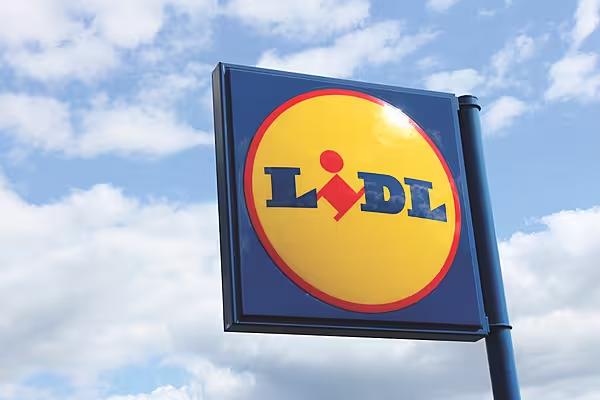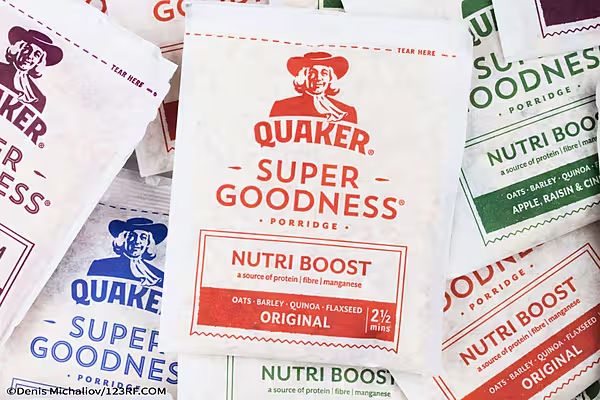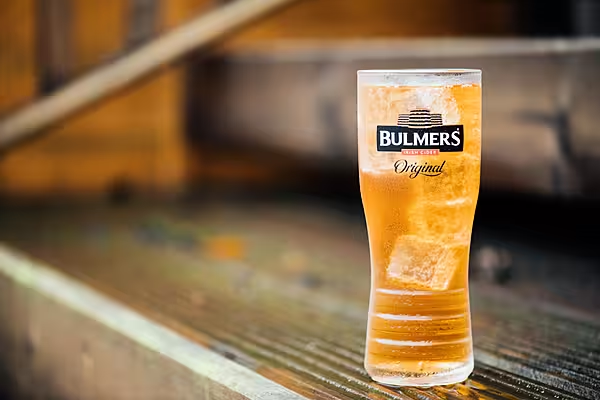A Bounce Insights survey conducted on 25 May on behalf of Checkout asked a nationally representative sample of 520 respondents across Ireland a variety of questions to ascertain their views on sustainability in grocery retail.
The following insights were gathered over the course of 24 hours on 25 May 2022.
Key findings:
· Female consumers are more likely to care about the sustainability credentials of retailers than male consumers.
· Avoiding unnecessary packaging, avoiding single-use plastic, reducing food waste, and supplying recycling options to shoppers were ranked as the most popular methods of making business operations more sustainable in the eyes of consumers.
· The sustainability expectations of female consumers in Ireland are not being met by retailers, whereas the expectations of male consumers are currently being met.
· Female consumers are more likely to value a brand’s transparency regarding their sustainability efforts when compared to male consumers.
· Males are slightly less likely than females to purchase a brand that has sustainable packaging over a brand that does not.
The survey:
Q: How important are the sustainability credentials of retailers when you are deciding where to do your grocery shopping?
· 34.10% of respondents claim that they are “Very important”
· 43.35% of respondents claim that they are “Quite important”
· 19.46% of respondents claim that they are “Not very important”
· 3.08% of respondents claim that they are “Not important at all”
Female respondents were 5.38% more likely to rank the sustainability credentials of retailers as important than male respondents.
Q: What would you like to see grocery retailers in Ireland do more of to make their operations more sustainable?
The most popular answers were:
· Avoid unnecessary packaging
· Avoid single-use plastic
· Reduce food waste
· Supply recycling options to all shoppers
Q: Are brands meeting your sustainability expectations when it comes to packaging and product attributes?
· 17.92% of respondents said “Yes”
· 27.94% of respondents said “No”
· 51.25% of respondents said “To some extent”
· 2.89% of respondents were “Unsure”
Male respondents were 13.62% more likely to say “Yes” than female respondents. Female respondents were 15.70% more likely to say “No” or “To some extent.” These findings indicate that the sustainability expectations of male consumers are being met more than their female counterparts.
Q: How much do you value a brand's transparency about its sustainability efforts?
· 40.46% of respondents said “I value it a lot”
· 38.15% of respondents said “I value it somewhat”
· 17.15% of respondents were “Neutral”
· 2.70% of respondents said “I don’t value it much”
· 1.54% of respondents said “I don’t value it at all”
Female respondents were 7.63% more likely to value a brand’s transparency about its sustainability efforts than male respondents.
Q: How likely are you to purchase a brand that has sustainable packaging over a brand that does not?
· 37.76% of respondents said “Much more likely”
· 40.08% of respondents said “A little more likely”
· 19.27% of respondents said “About the same”
· 2.31% of respondents said “A little less likely”
· 0.58% of respondents said “Much less likely”
When compared to females, male respondents were 2.07% less likely to purchase a brand that has sustainable packaging over a brand that does not.
What The Findings Tell Us:
Female consumers seem to be more receptive to the sustainability efforts of retailers than their male counterparts. Despite this increased interest, female consumers are currently being underserved in the Irish market. These findings indicate that there is a clear gap in the market for brands to serve female consumers with superior sustainability-focused products and services.
Brands looking to serve this segment of the market should consider altering their messaging to promote a transparent outlook that highlights their sustainability credentials, with a focus on trying to fulfil the expectations of female consumers.
Some immediate action points that brands can take away from this research are:
1. Avoid unnecessary packaging
2. Avoid using single-use plastic
3. Reduce your overall food waste
4. Supply recycling options to all shoppers
© 2022 Checkout – your source for the latest Irish retail news. Research Powered by Bounce Insights. For more retail news, click here. Click subscribe to sign up for the Checkout print edition.







